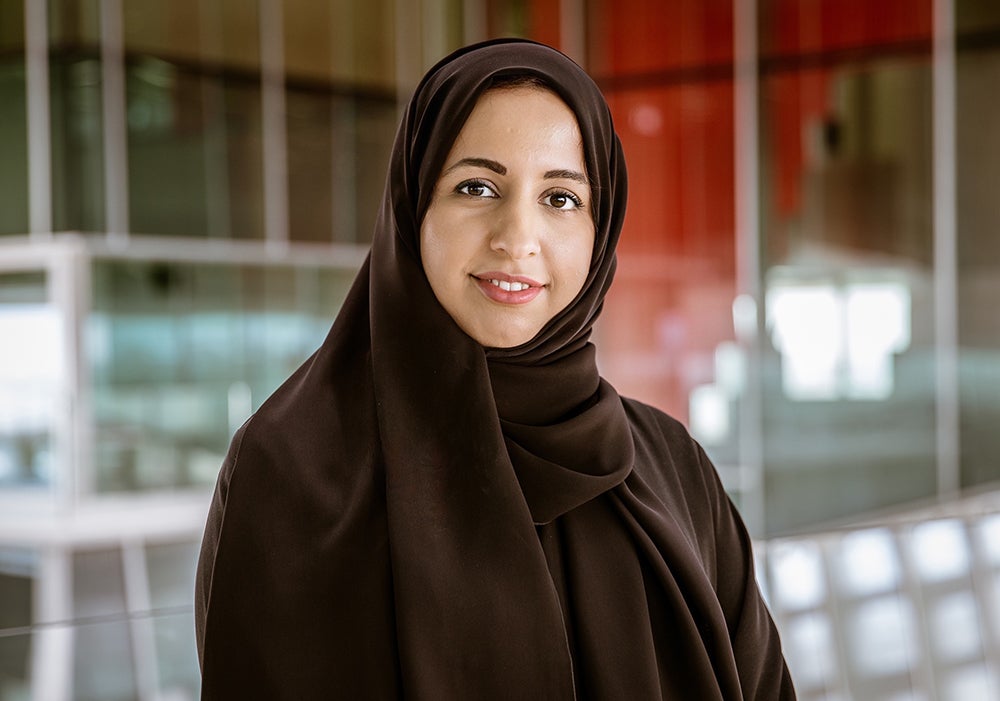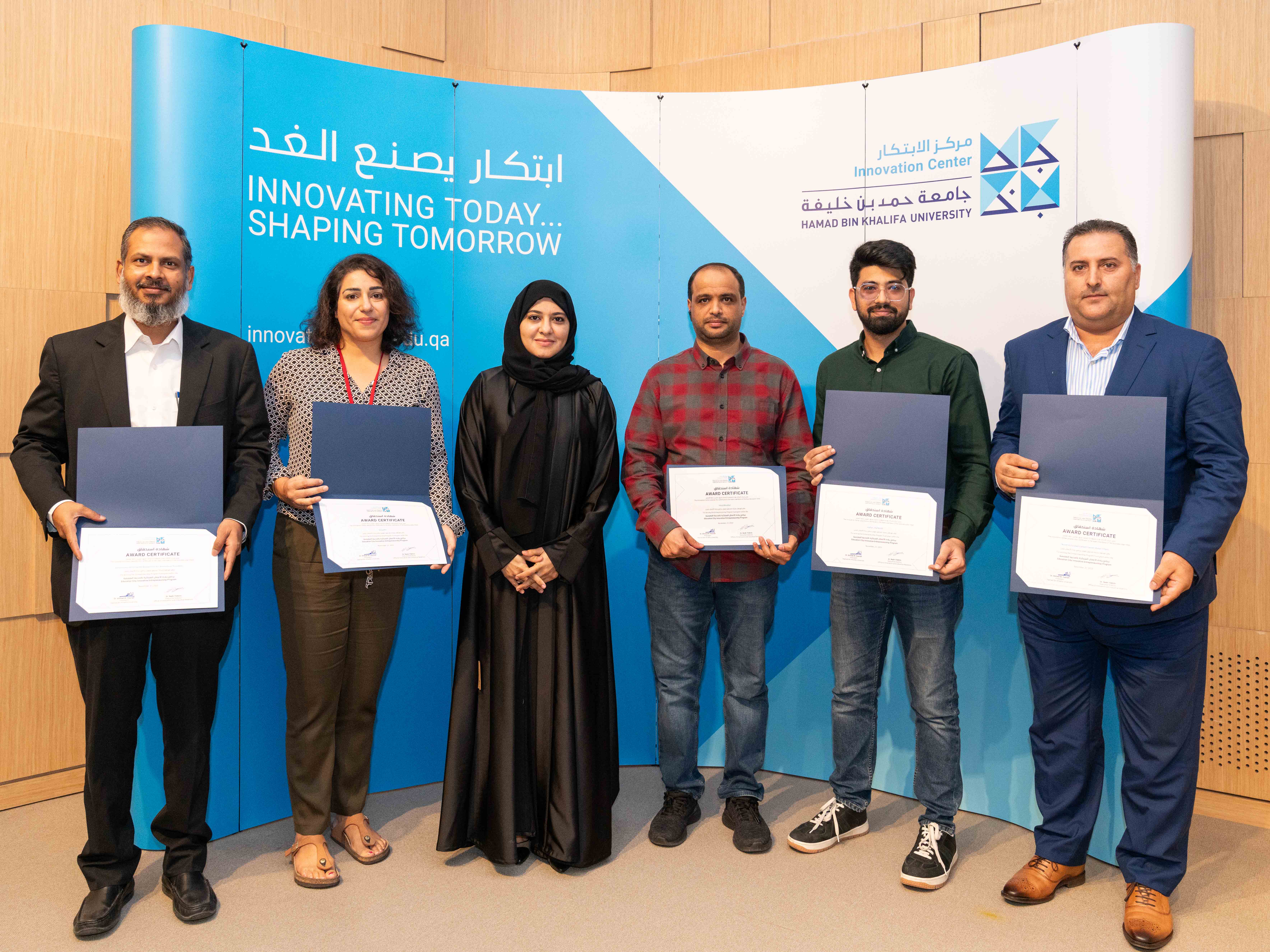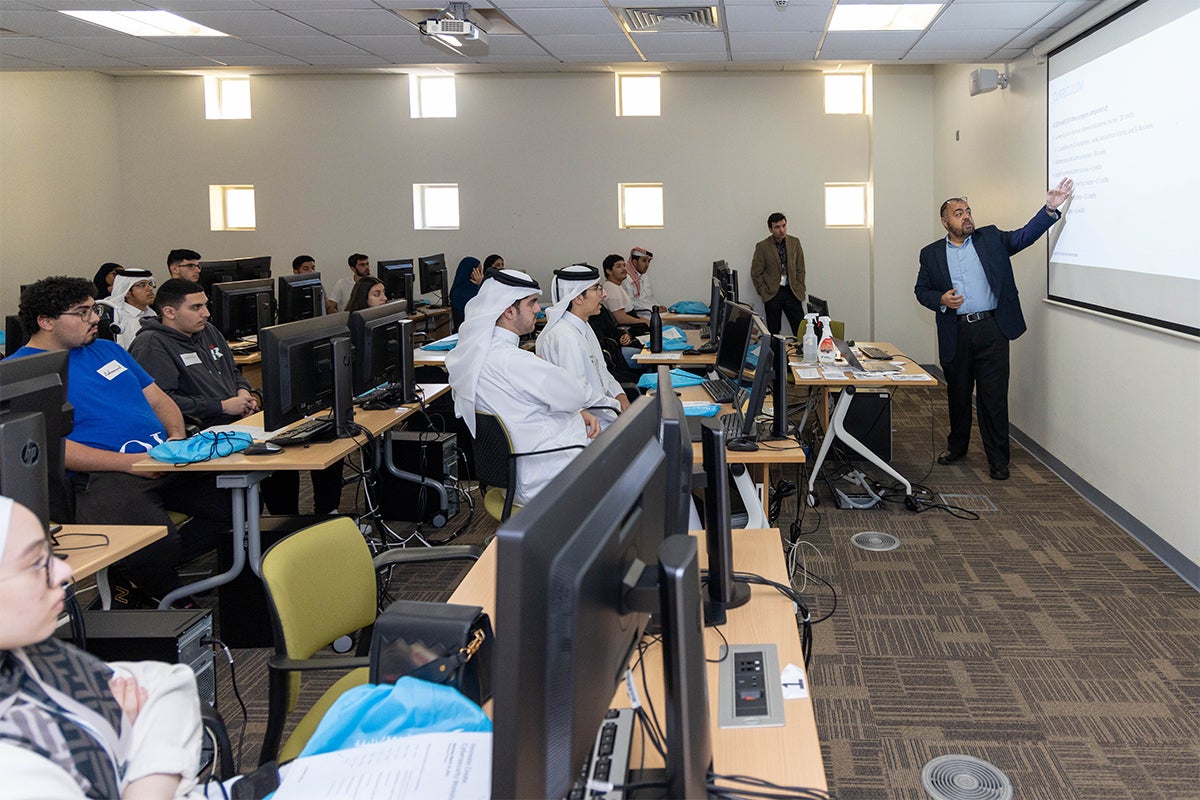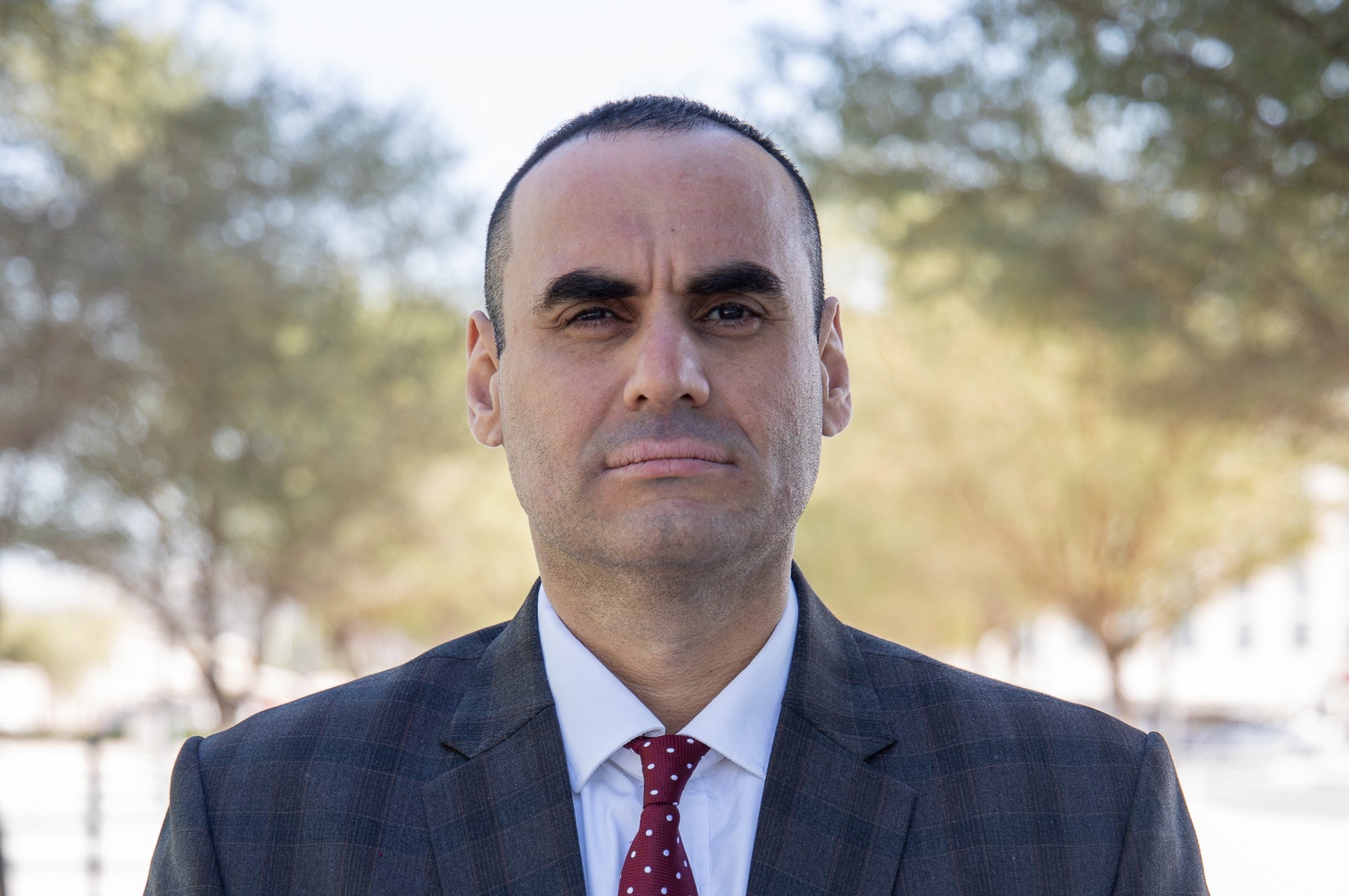By Dr. Dena Al Thani

"COVID-19 demonstrates the vital role of digital technologies. Now more than ever, ITU is committed to leveraging its diverse membership to make humanity safer, stronger and more connected."
ITU Secretary-General Houlin Zhao
COVID-19 has accelerated digitization on many levels. From governmental organizations to healthcare providers and educational institutions, the internet has become even more commonplace. Today’s reality necessitates a virtual shift for international conferences and healthcare services, where distance learning has become the new teaching norm. Perhaps even more importantly, governments and their affiliates are now communicating with the public through digital means.
Our reality means that we can only communicate and survive through digital means. For this reason and this reason alone, digital platforms must be available and accessible to all. The current state of affairs means that the accessibility of information and services is no longer optional.
More vulnerable groups, such as persons with disabilities and the elderly, have a fundamental human right to vigilant protection. Digital inequality can lead to lack of access to information on important measures for ensuring public safety. This exposes persons with disabilities to a higher risk of infection.
Accessibility for All
Global efforts to ensure accessibility for persons with disabilities have been in place for at least two decades. The United Nations’ Convention on the Rights of Persons with Disabilities, first announced in 2007, underscored the important connection between information accessibility and the evolving definition of disability (Article 22). The convention gained evident support as one of the most important human right instruments in history. One-hundred-sixty states were quick to sign the convention in its first edition in 2007, and 126 States ratified the convention within the first five years. Qatar was among the first nations to ratify the United Nations Convention on the Rights of Persons with Disabilities in 2008.
Many governments embedded accessibility of Information and Communication Technologies (ICT) into their legislative systems by implementing their own guidelines or adopting the World Wide Web Consortium (W3C) guidelines. In April 2015, Qatar enacted a law on persons with disabilities, which covered all rights outlined in the convention. Even before then, Qatar had engaged in a conscious effort to support accessibility for persons with disabilities. In 2009, the Supreme Council for Information and Communication Technology established Mada (Qatar Assistive Technology Center), a non-profit organization dedicated to connecting persons with disabilities to information and communicative technologies.
Advocacy in a Pandemic
In an effort to align with the convention, Qatar also released the National e-Accessibility Policy in 2011, which aims to raise the level of accessibility across all locally adopted digital platforms. Qatar continues to play an essential and critical role in the advocacy for the rights of persons with disabilities. In 2019, the International Conference on Disability and Development was held under the guidance and patronage of Her Highness Sheikha Moza bint Nasser, Founder of Qatar Foundation for Social Work. Attended by key world leaders and 1,500 policymakers and practitioners, the conference announced the Doha Declaration in which article 5 made a poignant call to “ensure that persons with disabilities are not excluded from the education system by promoting an inclusive education system, including disability-friendly environments and facilities as well as assistive technologies.”
In light of COVID-19, the world has undertaken a number of measures to ensure accessibility to the digital platforms of businesses, educational institutions, and, most importantly, healthcare services. The International Telecommunication Union (ITU) Digital Inclusion Program issued a set of guidelines to reaffirm the accessibility of digital information, services and products to all persons, including persons with disabilities, during the pandemic. Similarly, a call for action was led by the United Nations in May 2020, seeking to achieve the highest attainable standard of health for persons with disabilities, and stressing the role of digital accessibility in achieving this target. It also brought attention to the many ways in which technology can enable social connectedness. In Qatar, Mada Center launched two platforms that support access to inclusive information in the education, culture, and community sectors.
A World Devoid of Digital Exclusion
Despite these efforts, a large proportion of persons with disabilities around the world remain digitally excluded because of technical accessibility and affordability. Digital inequalities present added vulnerability to the virus itself and the other economic, educational, and sociological consequences of the pandemic. It is time for the world to come together and leave no one behind. Our efforts need to be consorted and our actions consistent. Global policymakers, leaders, researchers, and everyday individuals have a role to play. When meaningful change happens, the world we live in today will be able to safeguard digital inclusion, once and for all.
Related News










